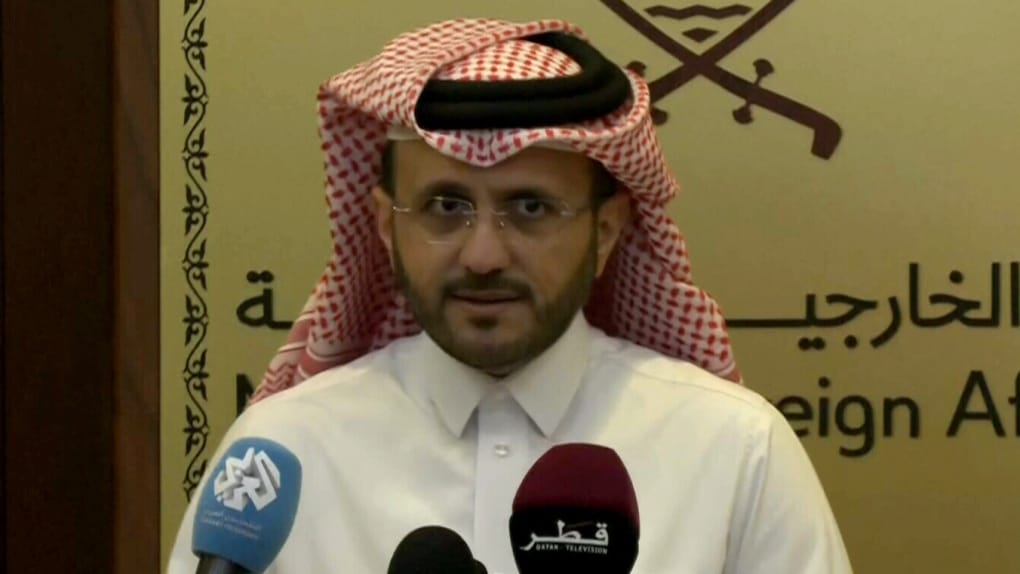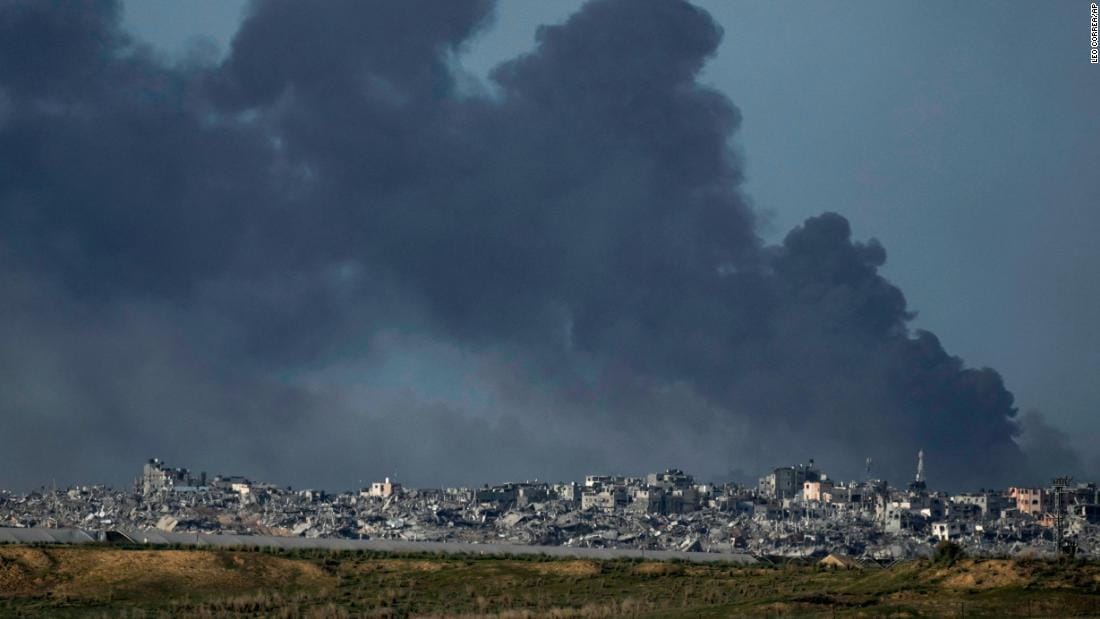In a notable development in the ongoing conflict between Israel and Hamas, Israeli Prime Minister Benjamin Netanyahu has taken a significant step by dispatching the director of the Mossad, David Barnea, to Qatar for ceasefire negotiations. This move is being interpreted as a sign of progress in the efforts to establish a lasting peace in the region, which has been marred by violence and instability for years.
The decision to send Barnea, who is known for his extensive experience in intelligence and security matters, underscores the seriousness with which the Israeli government is approaching the current situation in Gaza. The conflict has escalated in recent months, leading to increased casualties and humanitarian concerns. By involving the head of the Mossad in these discussions, Netanyahu is signaling a commitment to finding a diplomatic solution rather than relying solely on military action.
Qatar has emerged as a key player in mediating between Israel and Hamas, given its historical role in facilitating dialogue and providing humanitarian aid to the Gaza Strip. The Gulf nation has maintained a delicate balance in its relationships with both Israel and Hamas, making it a suitable venue for negotiations. The involvement of Barnea in these talks indicates a recognition of Qatar’s influence and the importance of engaging with regional partners to achieve a ceasefire.
The discussions in Qatar are expected to focus on several critical issues, including the terms of a potential ceasefire, the exchange of prisoners, and the provision of humanitarian aid to the people of Gaza. The humanitarian situation in the region has reached alarming levels, with reports of shortages of food, water, and medical supplies. Addressing these concerns is likely to be a priority for both sides as they seek to establish a framework for peace.
In recent weeks, there have been growing calls from the international community for a ceasefire and a return to negotiations. The United Nations and various countries have expressed their concern over the escalating violence and its impact on civilians. The involvement of the Mossad director in the talks may help to bolster Israel’s position in the eyes of the international community, demonstrating a willingness to engage in dialogue and seek a peaceful resolution.
The timing of this diplomatic initiative is also noteworthy. As the conflict continues to unfold, there is a sense of urgency to address the underlying issues that have fueled the violence. Netanyahu’s decision to send Barnea to Qatar may reflect an understanding that a military solution alone will not suffice in achieving long-term stability in the region. Instead, a comprehensive approach that includes diplomatic engagement and humanitarian assistance is essential.
While the outcome of the negotiations remains uncertain, the mere fact that high-level discussions are taking place is a positive development. It suggests that both Israel and Hamas may be open to exploring avenues for de-escalation and conflict resolution. The involvement of the Mossad director adds a layer of seriousness to the talks, as intelligence and security considerations will undoubtedly play a crucial role in shaping any potential agreements.
As the negotiations unfold, it will be important for both sides to demonstrate flexibility and a willingness to compromise. The path to peace is often fraught with challenges, but the current situation presents an opportunity for meaningful dialogue. The international community will be closely monitoring the developments in Qatar, hoping that this initiative can pave the way for a sustainable ceasefire and a renewed commitment to addressing the humanitarian needs of the people in Gaza.
In conclusion, Netanyahu’s decision to send the Mossad director to Qatar for ceasefire talks marks a significant moment in the ongoing conflict between Israel and Hamas. It reflects a recognition of the need for diplomatic engagement and a commitment to finding a peaceful resolution. As the discussions progress, the focus will be on achieving a ceasefire, addressing humanitarian concerns, and laying the groundwork for a more stable and secure future for the region.



